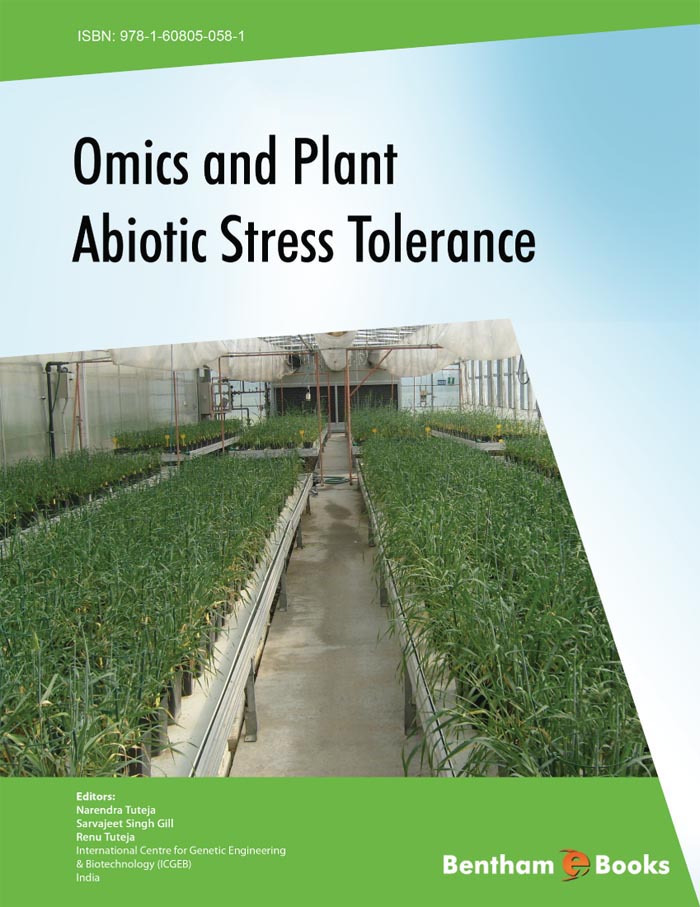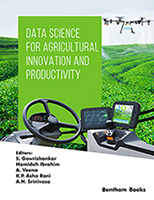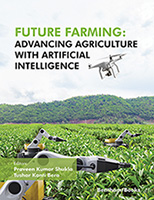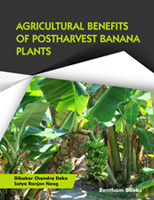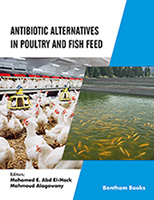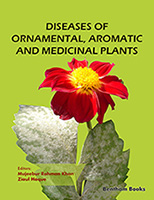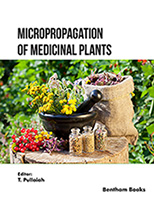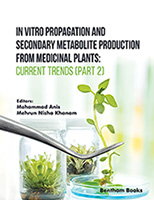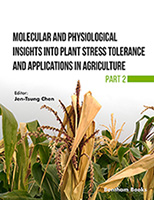Preface
"Take care of the earth and she will take care of you"
World population is increasing at an alarming rate and is expected to reach more than nine billion by the end of 2050, whereas, plant productivity is being seriously limited by various abiotic stresses all over the world. Global climatic pattern is becoming more unpredictable with increased occurrence of drought, flood, storm, heat waves, and sea water intrusion. It has been estimated that abiotic stresses are the principal cause for decreasing the average yield of major crops by more than 50%, which causes losses worth hundreds of millions of dollars each year. Therefore, to feed the world population maintaining crop productivity even under unfavourable environment is a major area of concern for all nations. Developing crop plants with ability to tolerate abiotic stresses is need of the day which demands modern novel strategies for thorough understanding of plant's response to abiotic stresses. In particular, an array of new innovative "omics" tools, comprising of genomics, proteomics and metabolomics, are evolving at rapid pace, which is empowering the scientists to systematically analyze the genome at various levels and their effect on phenotypic variability. Omics tools particularly genomics allowed the use of important strategies like genome-wide expression profiling which is useful to identify genes associated with stress response. Furthermore, proteomics helped a lot to analyze the relationship between gene expression (transcriptomics) and metabolism (metabolomics). Metabolomic studies, thus along with transcriptomics and proteomics, and their integration with systems biology, will lead to strategies to alter cellular metabolism for adaptation to abiotic stress conditions.
This volume deals with up-to-date information on omics approaches for crop improvement and abiotic stress tolerance. The first and second chapters describe the importance of omics and its benefits for crop improvement and related issues. Third chapter will deal with up-to-date literature on major abiotic stresses like cold, drought, salt and heavy metals, their effect on plant performance and possible measures to counteract it. The following chapters from four to seven will deal with the use of omics approaches like genomics, proteomics, metabolomics, transcriptomics and many more for crop tolerance to various abiotic stresses. Chapter eight uncovers the epigenetic studies in reference to abiotic stress tolerance. Chapter nine deals with rizotoxic ions and importance of omics approaches has been uncovered in detail. Chapter ten and eleven will discuss the role of nitric oxide, S-nitrosoproteome and abscissic acid in abiotic stress signaling in plants. Chapter twelve is summarizing the importance of RNA silencing in plants following various stresses. Finally, in the chapter thirteen, system biology approaches has been taken into consideration for abiotic stress tolerance.
The editors and contributing authors hope that this book will include a practical update on our knowledge of abiotic stress tolerance and lead to new discussions and efforts to the use of omics tools for the improvement of crop plants in the era of global climatic change.
We would like to thank Prof. Hans Bohnert for writing the foreword and Bentham Science Publishers, particularly Manager Bushra Siddiqui and Salma, for their support and efforts.
Narendra Tuteja, Sarvajeet Singh Gill and Renu Tuteja
International Centre for Genetic Engineering and Biotechnology
India

